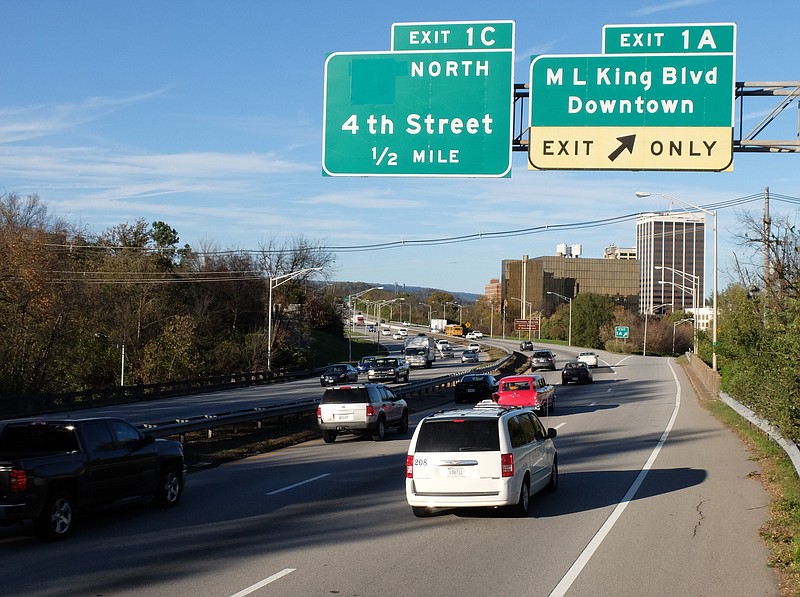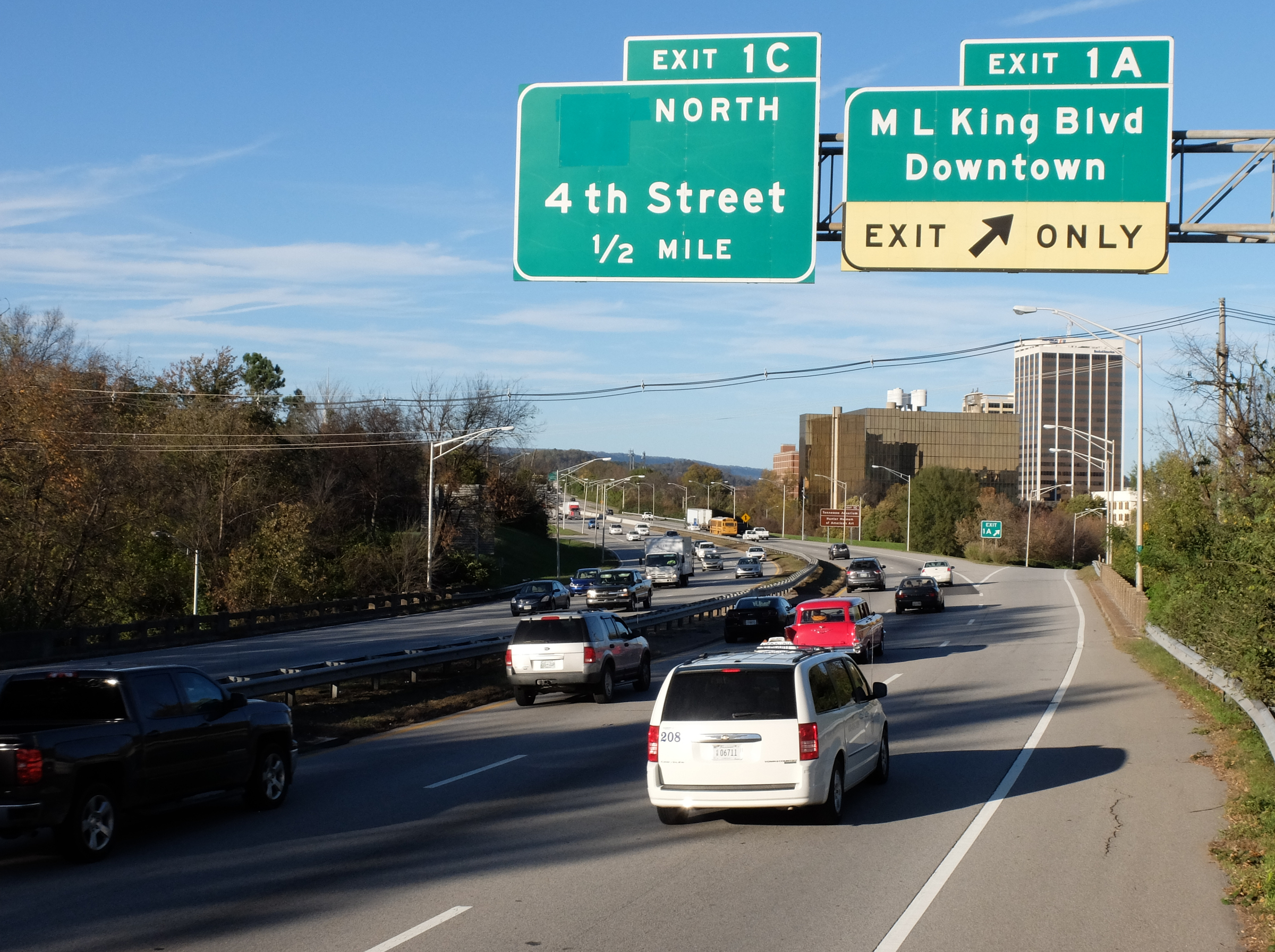NASHVILLE - A new Vanderbilt University survey shows a majority of Tennesseans are open to a state gas-tax increase for transportation needs, but the poll also reveals the upper limits of that support.
It comes as Republican Gov. Bill Haslam seeks to make a case that Tennessee's road program, which unlike most states operates without debt and remains highly rated, needs more money to keep up the pace. So far, Haslam has been traveling uphill on the efforts, with a number of his fellow Republicans in the General Assembly balking at doing anything next year.
A majority of the 1,013 registered voters surveyed voiced a willingness to pay an additional 2 to 8 cents per gallon at the pump. The state gas tax, which hasn't been raised since 1988, is now 21.4 cents per gallon.
Two out of every three poll respondents - 66 percent - said they are willing to pay an extra 2 cents per gallon at the pump. Thirty-three percent were opposed.
A majority - 54 percent - still said they were willing to pay an additional eight cents per gallon while 45 percent said they weren't.
But the majority evaporates like so much spilled fuel on a 15-cent hike. Only 46 percent said they could back that while 53 percent were against it.
The poll was released Friday based on a recent telephone survey. It has a margin of error of 3.9 percent.
Josh Clinton, a Vanderbilt political science professor and co-director of the poll, said he and fellow poll director Dr. John Geer and others were surprised by the results.
The survey underscores that "when you ask if they support an increase in sales tax on gasoline and don't specify an amount, people are going to assume the increase will be high and they respond negatively," Clinton said.
"But," Clinton said, "if you give them a tangible amount, you could get quite a bit of support for an increase. We thought voters might respond negatively either way, so we were surprised by the results, which indicate policymakers could get quite a bit of support for even a 10-cent increase in the gas tax."
Speaking with reporters late Friday afternoon, Haslam said the poll results didn't surprise him.
"I think people out there get it and get the need," Haslam said. "And I think if you tie that to specific projects, you'd even see more positive reaction."
The governor added, "Part of our mission right now is to complete the road plan that everyone can agree on, then hopefully, that will be encouragement to our legislators that this is something that people really do want to see happen."
A number of Haslam's fellow Republicans in the Legislature, including House Speaker Beth Harwell and Senate Transportation Committee Chairman Jim Tracy, have balked at doing anything in 2016.
Asked whether an 8-cent increase would help, Haslam replied, "Oh yeah. Again, we need to decide what we're going to do, but sure, 8 cents would make a difference.
"You know," he added, "the feds finally passed a [transportation funding] bill [Thursday] night, which really doesn't drastically increase the amount of money we're getting. But it does provide some certainty in place for five years."
One-half of Tennessee's transportation equation was resolved earlier this week when the U.S. House and Senate on Thursday approved the first long-term highway funding bill in a decade. The five-year legislation was signed into law by President Barack Obama on Friday.
Earlier Friday, Haslam and state Transportation Commissioner John Schroer said during Schroer's budget hearing that while the $305 billion federal measure is welcome, it is by no means a cure-all for Tennessee's long-term funding woes.
Schroer called it a "decent program," but it won't have as much impact as Obama's original proposal.
It won't have much immediate financial impact, either. But a 2 percent inflation adjustment provision will bring the state an additional $300 million to $400 million over the next five years, Schroer said.
However, neither the provision nor the bill will make up for lost inflationary ground over the past decade, as a result of Congress' previous inability to come up with a long-term bill and resorting to dozens of short-term extensions, said Kent Starwalt, executive director of the Tennessee Roadbuilders Association.
Schroer is preparing a $1.81 billion transportation plan for next year. Some $815 million of that comes from state fuel taxes, another $36 million from other state sources and $963 million from the federal government.
Each penny on Tennessee's gas tax raises $30.7 million annually. An 8-cent increase would bring in $245.6 million in new funds.
State gas taxes now raise $632 million a year with $380 million going to the state Department of Transportation. Another $10 million is designated for the state's general fund. The rest - $248 million - is split between cities and counties for local transportation needs.
The diesel tax is 17 cents per gallon. It raises $167 million with $120 million going to state transportation, $3 million into the general fund and $44 million to cities and counties.
Haslam said the state's backlog of previously approved road projects stands at some $6.1 billion and will take decades to plow through. Schroer said there's another $5 billion or so for projects local communities from Chattanooga to Memphis want.
It could take 50 years with current funding to do that, he said.
Contact staff writer Andy Sher at asher@timesfreepress.com, 615-255-0550 or follow via twitter @AndySher1.

